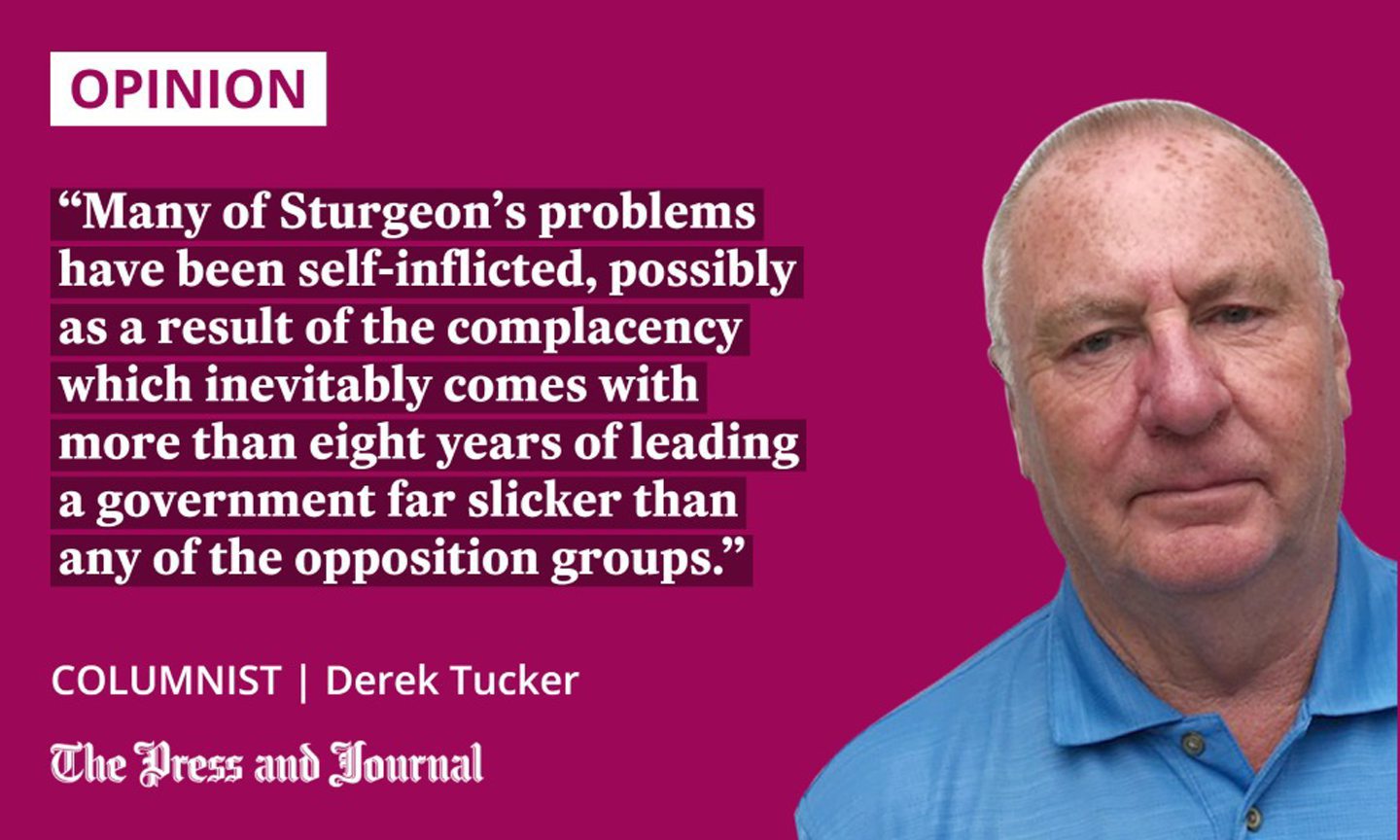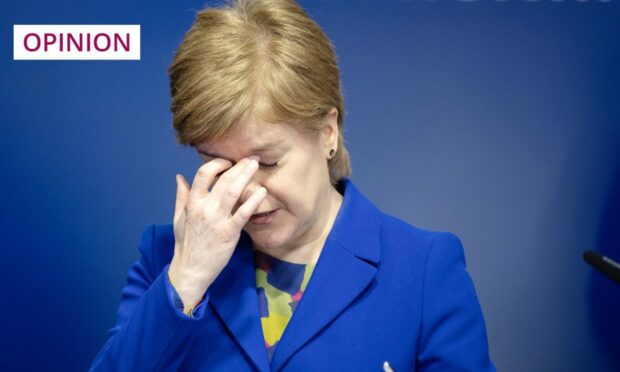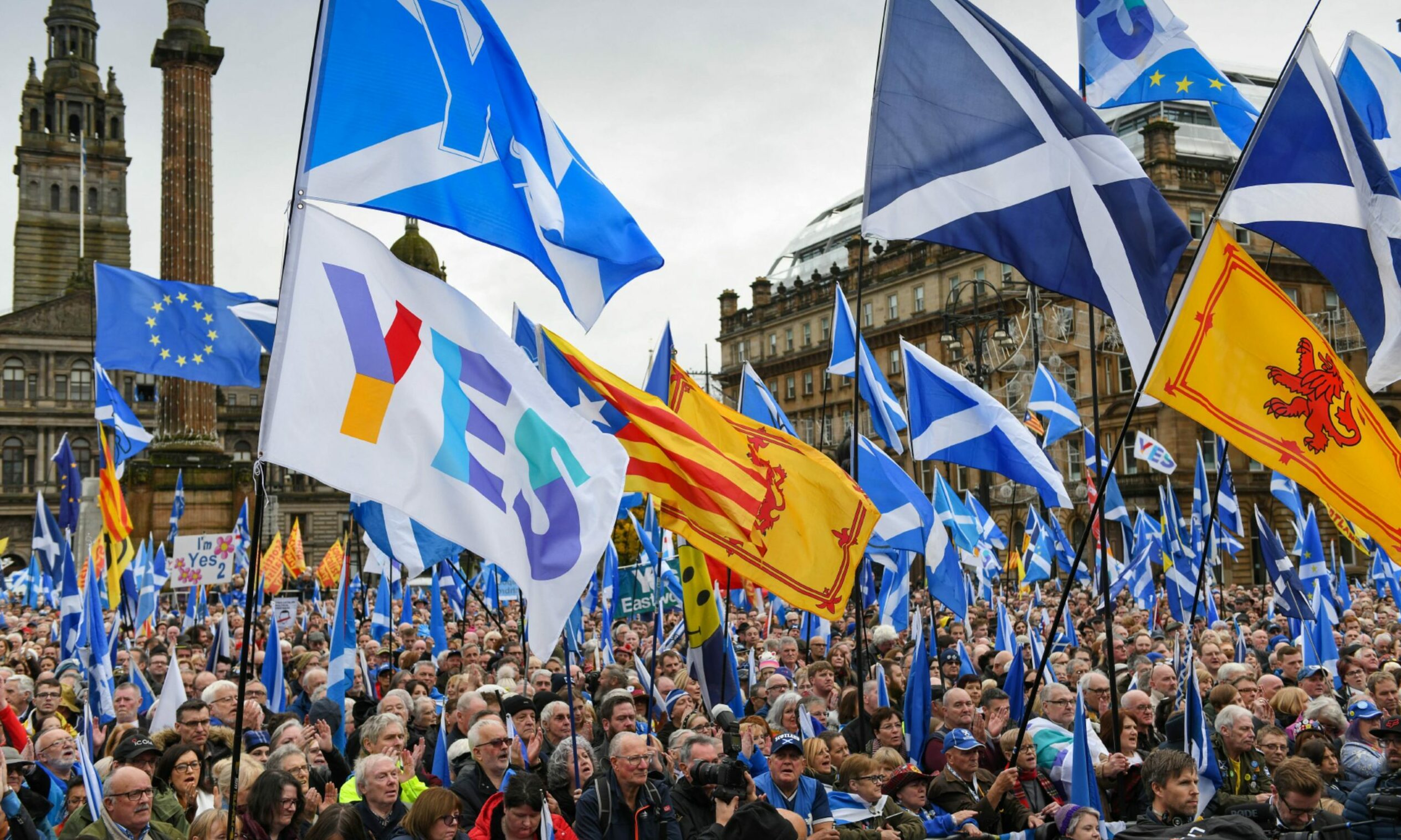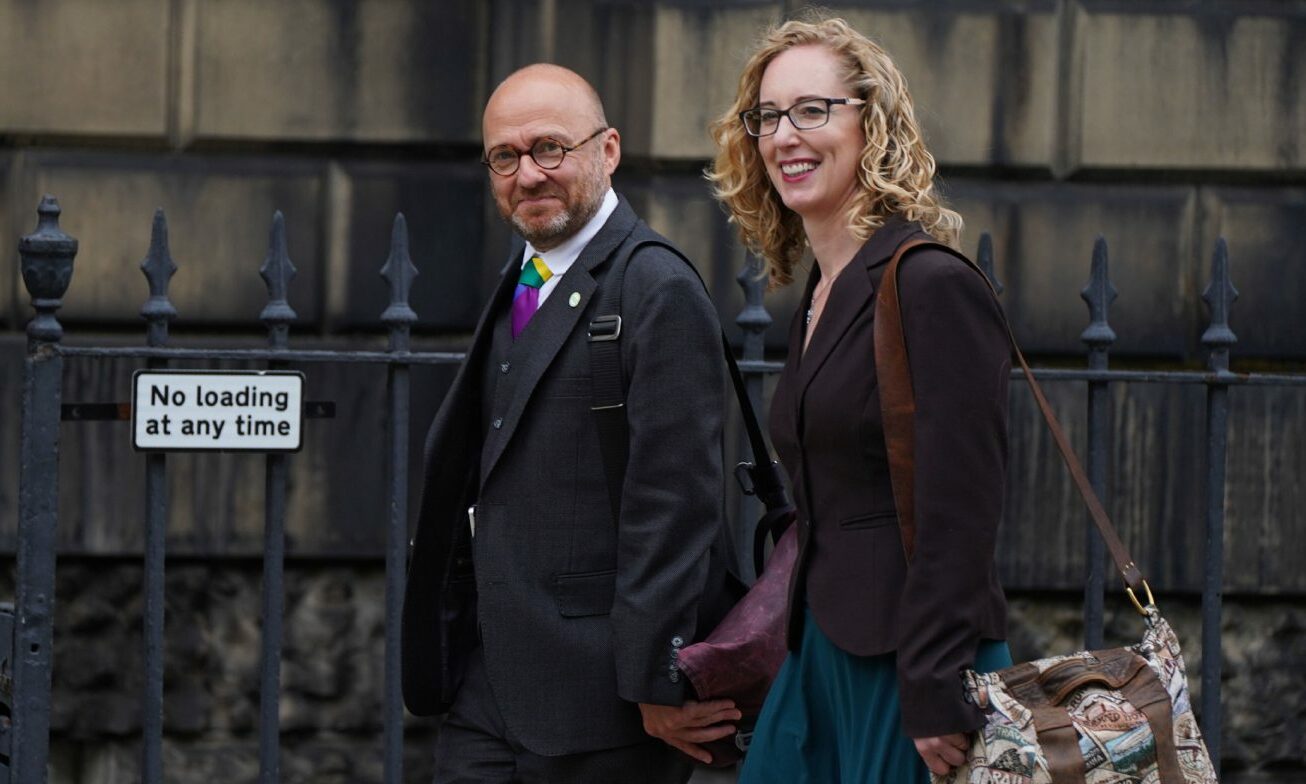The first minister’s carefully cultivated reputation as a safe pair of hands has been undermined recently, writes Derek Tucker.
This year could well see a political upheaval that would have been unthinkable just six months ago.
Nicola Sturgeon could find her position as first minister under threat, as problem upon problem encircle her. Her carefully cultivated reputation as a safe pair of hands, a woman in complete control of a government in complete control of its mandate, has been undermined by a series of events which suggest that her days in office could well be limited.
Ironically, many of these problems have been self-inflicted, possibly as a result of the complacency which inevitably comes with more than eight years of leading a government far slicker than any of the opposition groups which have tried to undermine it, but have barely managed to land a punch.

The SNP’s obsession with pursuing the independence agenda, to the exclusion of almost everything else, has served it well so far. It has been helped greatly by a UK Government which has lurched from one blunder to another, further cementing Ms Sturgeon’s reputation as much more nimble and trustworthy than the southern politicians she consistently paints as the enemy of Scotland.
Virtually all opinion polls conducted over the last few months have shown support for independence at above 50%, suggesting the first minister has won the battle for hearts and minds. For the first time, however, cracks are beginning to appear.
Doubts are beginning to emerge over Sturgeon’s influence
The cost-of-living crisis, the gradual disintegration of the NHS, falling educational standards, the continuing drug death problem, the scandal over the ferries that have still not arrived and, latterly, the hugely controversial gender recognition debate have all combined to suggest a vulnerability which had not previously existed.
Where once there was virtually unanimous recognition that Nicola Sturgeon ran a tight ship, doubts are beginning to emerge. A recent opinion poll showed that her determination to force a new independence referendum does not figure highly on people’s list of priorities.
More than 60% of those polled by Survation for the pro-UK campaign group, Scotland in Union (and, therefore, to be viewed with a pinch of scepticism), listed the cost of living as their main priority, followed by the NHS (57%), and energy bills (44%).
Only 8% of people identified independence as one of their three main priorities, suggesting that the SNP’s plan to treat the next general election as a de facto referendum could backfire spectacularly.
Either the SNP is so convinced of its invincibility that it no longer has to worry what people think, or it realises its vulnerability on those alternative issues and wants to avoid debating them at all costs
Deciding to select independence as the topic for the first parliamentary debate after the recent recess, rather than any of the myriad issues which are more time-sensitive, could mean one of two things: either the SNP is so convinced of its invincibility that it no longer has to worry what people think, or it realises its vulnerability on those alternative issues and wants to avoid debating them at all costs.
Are Green policies diluting SNP power?
Personally, I am neither passionately for or against independence. The timescale of separation is such that I will be long gone before it becomes apparent whether Scotland becomes a New Zealand-style success story or a Venezuela basket case.
What does intrigue me, though, is why some people remain convinced that a government that has spectacularly failed to deliver on such key issues as health, education and law and order would somehow manage to succeed if handed the extra powers and responsibilities which come with guiding a fledgling nation through the intricacies of separating from the UK. If it cannot handle the powers it has got, how on earth will it manage the powers it currently hasn’t?
Deputy First Minister John Swinney, in his current temporary role as finance secretary, will tomorrow set out Scotland’s spending plans for the next 12 months. He has already flagged up that difficult decisions will have to be taken which, presumably, means higher taxes, reduced public services or a mixture of the two.
Curiously, the Green Party, which has propped up the SNP to keep the independence dream alive, is promising that the budget will be the most environmentally-friendly in the history of the parliament, adding that its role at the heart of government has allowed it to ensure that Green policies will feature prominently in what Mr Swinney details. Maybe I’m reading too much into that, but it does seem that the SNP’s and, therefore, Ms Sturgeon’s grip on power is slipping.
The question is, to what extent will this prompt a leadership challenge from those who, for one reason or another, have become a little disillusioned with the way in which events are playing out?
Derek Tucker is a former editor of The Press and Journal



Conversation